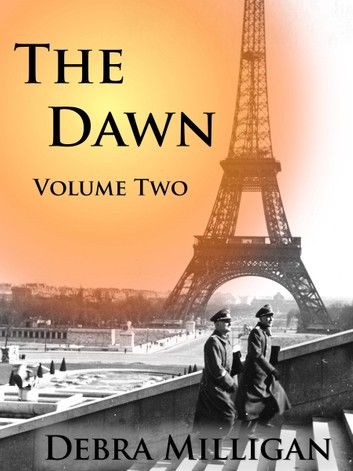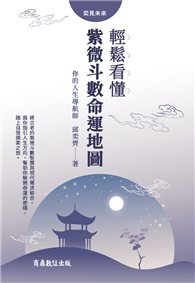| FindBook |
有 1 項符合
The Dawn: Volume II的圖書 |
 |
The Dawn: Volume II 作者:Debra Milligan 出版社:Debra Milligan 出版日期:2012-09-02 語言:英文 |
| 圖書館借閱 |
| 國家圖書館 | 全國圖書書目資訊網 | 國立公共資訊圖書館 | 電子書服務平台 | MetaCat 跨館整合查詢 |
| 臺北市立圖書館 | 新北市立圖書館 | 基隆市公共圖書館 | 桃園市立圖書館 | 新竹縣公共圖書館 |
| 苗栗縣立圖書館 | 臺中市立圖書館 | 彰化縣公共圖書館 | 南投縣文化局 | 雲林縣公共圖書館 |
| 嘉義縣圖書館 | 臺南市立圖書館 | 高雄市立圖書館 | 屏東縣公共圖書館 | 宜蘭縣公共圖書館 |
| 花蓮縣文化局 | 臺東縣文化處 |
|
|
The year is 1940. France falls. The battle for liberation begins, covertly and within the minds and hearts of French patriots. The Battle for France will one day begin, but the fight for freedom, that endless quest for liberty, is well underway.
Resistance, in all of its forms, will take on the very meaning of life as ordinary citizens smuggle Jewish orphans out of France; print clandestine newspapers; and undertake reconnaissance, armed engagement, and sabotage against the enemy. The fierce need of the human will for liberty is pitted against the tyrannies of evil, and the battle for freedom is joined.
Set within the myriad landscapes of wartime France and England, THE DAWN is the story of a French aristocrat, a U.S. Army colonel, and the woman they love. It is a tale of treachery and timeless heroism. THE DAWN chronicles the unforgettable dramas of the dark years in France, 1940-1944.
The story unfolds like the forbidden Tricolore against the backdrop of war, death, love, birth, history, and the illusion of peace.
The major characters are:
Camille Richarde:
Those two spheres of her life in Roussillon, overt and covert, public and secret, legal and illegal, created a balance within this Frenchwoman that greatly aided her in adjusting to life in Provence. Camille quickly forgot the calibrated existence that she’d left behind in Paris. The exigencies of life in Roussillon filled her with more than lists in her mind of things to do. They filled her days and nights with meaning, this profound sense of fulfillment which had theretofore eluded her. Camille began to see that a life filled with activity suggests purpose, but busyness can conceal emptiness within.
Guillaume de Vallon:
He therefore took his first tentative steps away from the life of a French aristocrat. He only vaguely perceived before him the passage which extended, like a huge, open hand of freedom. He knew that he could say nothing of these ominous visions and misty reveries to anyone. In time, he would speak to Camille of the truths that moved him now with defiance, duty, and a degree of despondence. For the present, Guillaume understood that this Frenchwoman and child formed the unspoken nucleus of his new life. Shelter them he would, or he would fail miserably at all that he sought to achieve with his new life, this embryo of self just hours old.
Arthur Carmichael:
His essence bespoke a dignity, a grace, a formal masculinity that was as magnetic as it was magnetizing . . .
Artur marched with his boots as if the path before him was preordained. The certitude and calm assurance of his movements soothed this woman, even as they seduced her. She had never walked beside anyone, and especially a man, who evinced this much purpose and decisiveness, but whose resolve was wrapped in velvet. He was a man of strong will, determination, and dominance. He could also be gentle. To Camille, his kindness and patience signified that his passions ran deep. She also sensed that his will was even stronger since it was capable of bending or, if need be, being bent.
|










